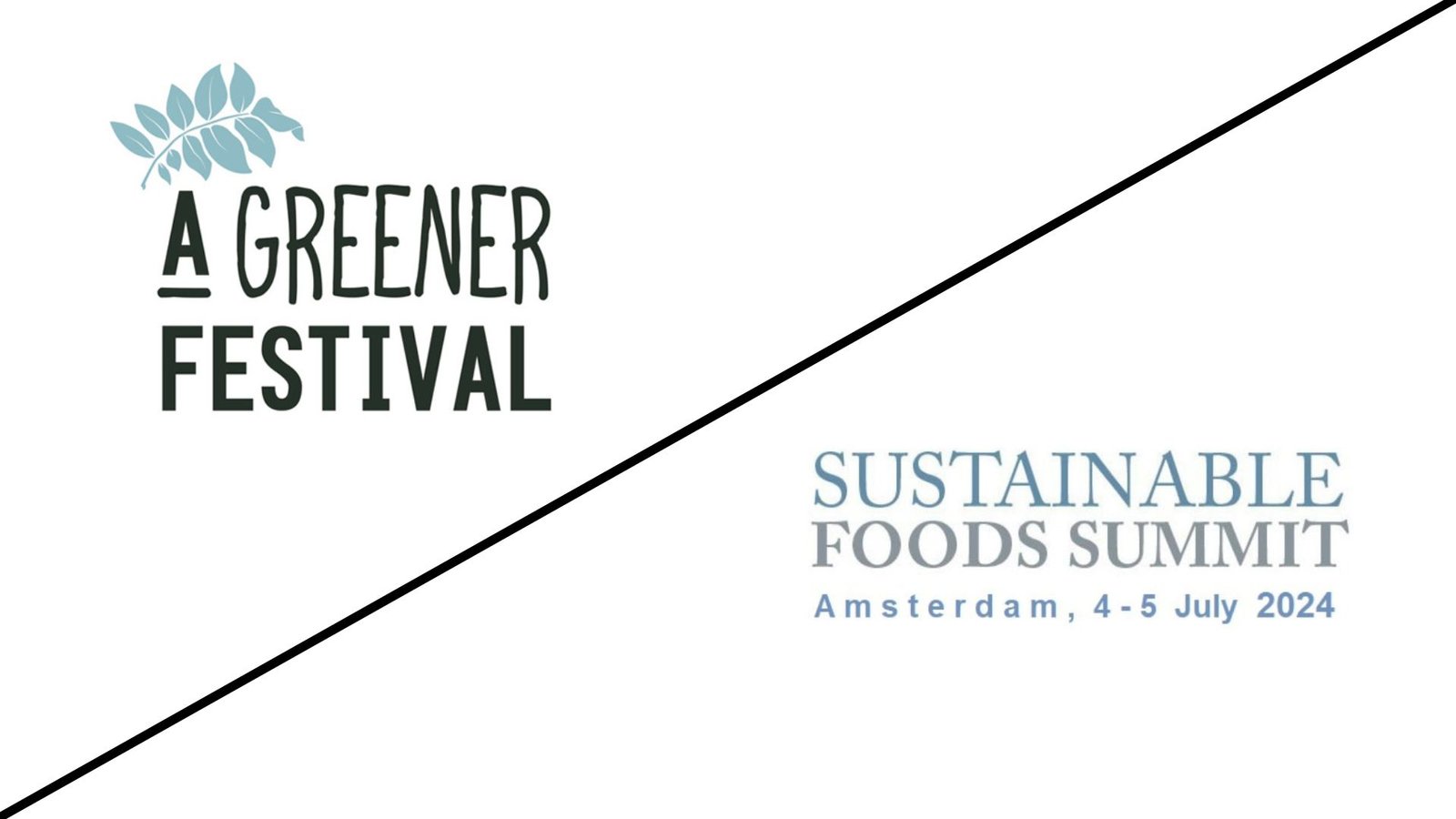Going Green: Transform Your Events with Sustainability
As global awareness of environmental issues continues to grow, sustainability has become more than just a buzzword; it’s a necessity. In the events industry, adopting eco-friendly practices can significantly impact not only the planet but also your brand’s reputation and attendee engagement. In this blog post, we’ll explore innovative sustainable practices that can elevate your events and attract conscious attendees, making your gatherings not just memorable, but also responsible.
The Importance of Sustainability in Events

In recent years, there has been a notable shift towards sustainability in all sectors, and events are no exception. According to a report by Eventbrite, 83% of attendees believe it is essential for events to adopt sustainable practices. This shift is driven by a growing understanding of the environmental impact of large gatherings and a desire among consumers to support brands that prioritize sustainability.
Why It Matters: Adopting sustainable practices not only helps the environment but also enhances your brand’s image and attracts a dedicated audience that values eco-consciousness. This growing trend presents an opportunity for event planners to differentiate themselves in a competitive market.
Eco-Friendly Practices to Implement
- Sustainable Venues: Choosing a venue with sustainable practices is one of the most impactful decisions you can make. Look for venues that prioritize eco-friendly initiatives, such as energy-efficient lighting, water conservation systems, and waste reduction programs. Venues like The Green Building in Brooklyn, NY, offer environmentally conscious spaces that can set the tone for your event.
- Digital Invitations and Ticketing: Transitioning from paper to digital invitations and ticketing not only reduces waste but also streamlines the attendee experience. Utilize platforms like Eventbrite or Meetup for easy digital ticketing and event promotion. This approach not only saves resources but also allows for real-time updates and communication with attendees.
- Eco-Friendly Catering: Catering can have a significant environmental impact. Opt for local and seasonal produce, which not only supports local farmers but also reduces carbon emissions associated with transportation. Additionally, consider plant-based menu options that are more sustainable than traditional meat-based dishes. Collaborate with caterers who prioritize sustainable practices, like Food for Thought, which focuses on sourcing ingredients responsibly.
- Waste Reduction Strategies: Implementing a waste reduction plan is crucial for sustainable events. Provide clearly marked recycling and composting stations throughout the venue to encourage attendees to dispose of waste properly. Additionally, consider using biodegradable or compostable materials for food and drink service. For example, companies like Ecolunchbox offer sustainable alternatives to single-use plastics.
- Carbon Offsetting: Offsetting your event’s carbon footprint is another effective way to promote sustainability. Partner with organizations that specialize in carbon offsetting projects, such as reforestation or renewable energy initiatives. This practice not only mitigates the environmental impact of your event but also demonstrates your commitment to sustainability.
- Green Transportation Options: Encouraging attendees to use sustainable transportation options can significantly reduce the carbon footprint of your event. Promote carpooling, public transportation, and biking by providing information on local transit options and creating bike parking areas. Consider partnering with rideshare companies that prioritize eco-friendly vehicles, like Lyft’s Green Mode.
Engaging Attendees in Sustainability

To create a meaningful impact, it’s essential to engage your attendees in your sustainability efforts. Here are a few ideas:
- Sustainability Pledges: Encourage attendees to commit to sustainable practices, such as reducing waste or conserving energy, during the event. This not only raises awareness but also fosters a sense of community.
- Interactive Workshops: Host workshops on sustainability topics, such as zero-waste living or eco-friendly travel tips. This allows attendees to learn and engage with the topic actively.
- Sustainable Swag: If you provide event swag, opt for eco-friendly items that attendees will find useful, such as reusable water bottles or tote bags made from recycled materials. Partnering with brands that share your sustainability values can enhance your event’s impact.
Case Studies of Successful Green Events

Several organizations have successfully implemented sustainable practices in their events, serving as excellent examples for others to follow. The Greener Festival Awards recognize events worldwide for their commitment to sustainability, showcasing best practices and inspiring others to adopt eco-friendly measures.
Another notable example is the Sustainable Food Summit, which brings together stakeholders from the food industry to discuss sustainability issues. This event not only promotes dialogue but also showcases sustainable products and practices, reinforcing the importance of eco-consciousness in food sourcing and consumption.
Conclusion
For more such informational blogs and product insights, visit us at AttendeeGain. Looking for Branding or Digital Products Consultancy? check out BrandWorks.
Going Green: Transform Your Events with Sustainability Read More »

